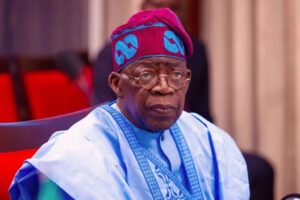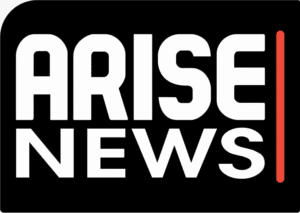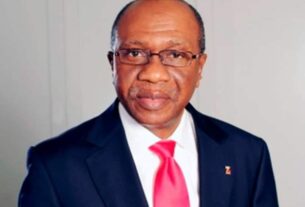The Trump administration has revoked nearly 80,000 non-immigrant visas since taking office on January 20, in one of the most extensive immigration enforcement actions in recent years, according to a senior US State Department official.
The cancellations, which affect tourists, students, and temporary workers, were largely linked to criminal offenses and political activity. About 16,000 visas were revoked over driving-under-the-influence (DUI) cases, 12,000 for assault, and 8,000 for theft making up nearly half of all revocations this year.
“These three crimes alone account for almost 50 percent of the revocations,” the official said, speaking on condition of anonymity.
The sweeping action highlights President Donald Trump’s tougher stance on immigration and visa screening. Since his return to office, the administration has expanded vetting procedures to include social media reviews and closer scrutiny of applicants’ political affiliations and activities.
In August, the State Department confirmed that it had revoked more than 6,000 student visas for overstaying, breaking US laws, or being linked to extremist groups. A small number were cancelled for alleged “support for terrorism.”
Last month, US officials also confirmed that at least six visas were revoked over social media comments celebrating the assassination of conservative activist Charlie Kirk.
Secretary of State Marco Rubio has said that hundreds possibly thousands of visas have been canceled due to individuals’ involvement in activities deemed contrary to US foreign-policy goals.
Diplomatic cables sent earlier this year instructed embassies worldwide to closely monitor visa applicants who have a record of anti-US activism or political advocacy, particularly concerning criticism of Israel’s war in Gaza or expressions of support for Palestinians. Officials have claimed that such activities pose “foreign-policy risks” and may indicate pro-Hamas sympathies.
The revocations underscore the administration’s expanding use of visa authority as a political and security tool, drawing both support from hardline immigration advocates and criticism from civil-rights groups who warn of ideological discrimination.
Erizia Rubyjeana
Follow us on:














